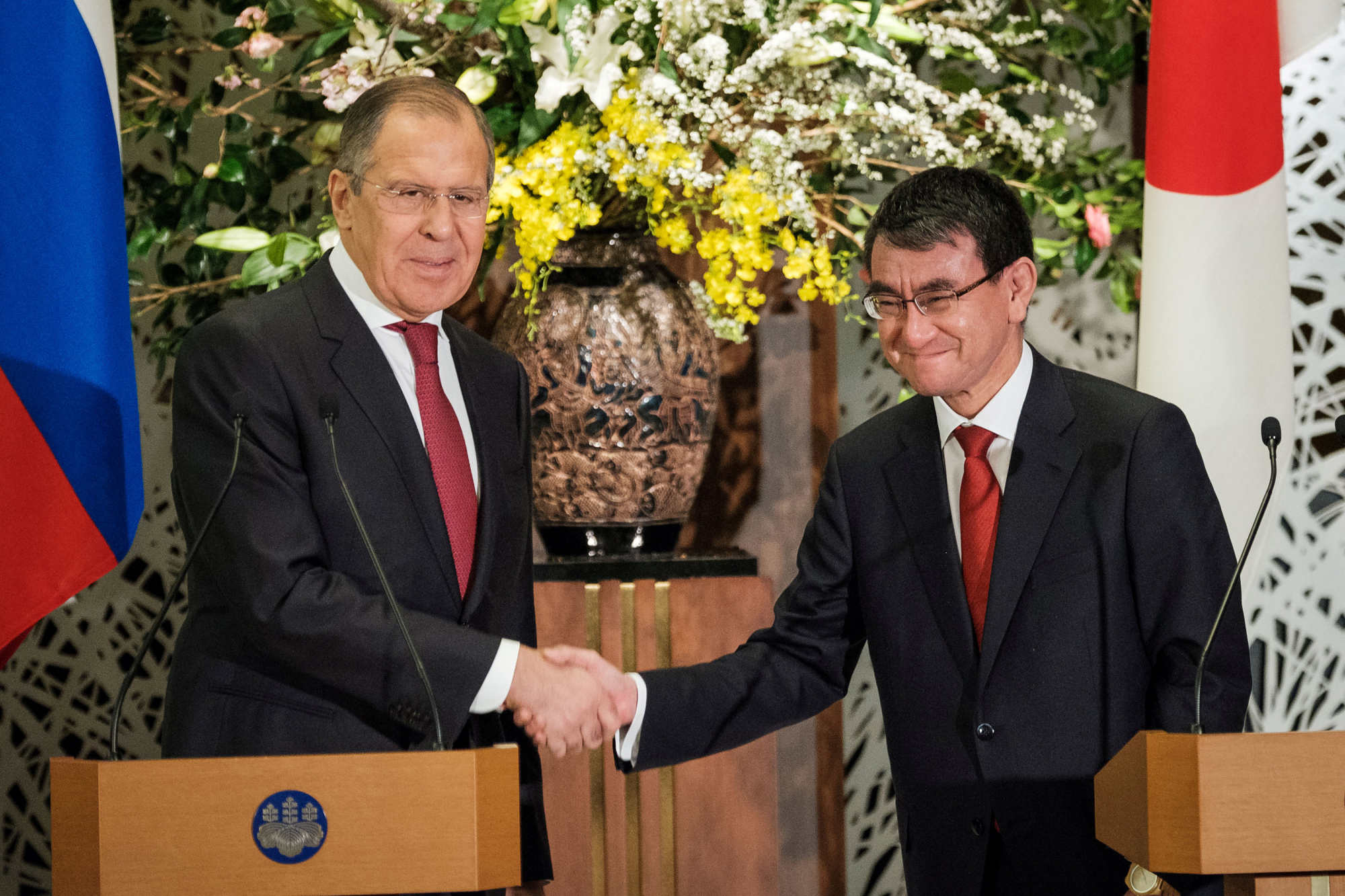On Monday, the United Kingdom's closest international partners began a coordinated expulsion of Russian diplomats in response to Moscow's apparent role in the use of a chemical weapon in the attempted murder of former Russian spy Sergei Skripal and his daughter in Salisbury, England. More than 20 countries expelled in excess of 100 Russian diplomats, with the United States alone ejecting 60. This powerful statement of solidarity stands in marked contrast to Japan's weak response, a decision that raises questions about Japan's value as an international security partner.
Russia's alleged use of Novichok, a Soviet-era nerve agent, to poison the Skripals on British soil has plunged U.K.-Russian relations into their worst crisis in decades. Prime Minister Theresa May accused the Russian state of being guilty of an "unlawful use of force" and announced the expulsion of 23 Russian diplomats. She also presented the incident as being not just an attack against the U.K., but "an affront to the rules-based system."
The U.K.'s international partners duly responded in what British Foreign Secretary Boris Johnson described "as the largest collective expulsion of Russian intelligence officers ever." Yet, there is one notable exception. Despite being presented with the same evidence, the Japanese government has refused to accuse Russia directly, leaving it as the only Group of Seven member to neither endorse the U.K.'s accusation nor expel Russian officials.


















With your current subscription plan you can comment on stories. However, before writing your first comment, please create a display name in the Profile section of your subscriber account page.